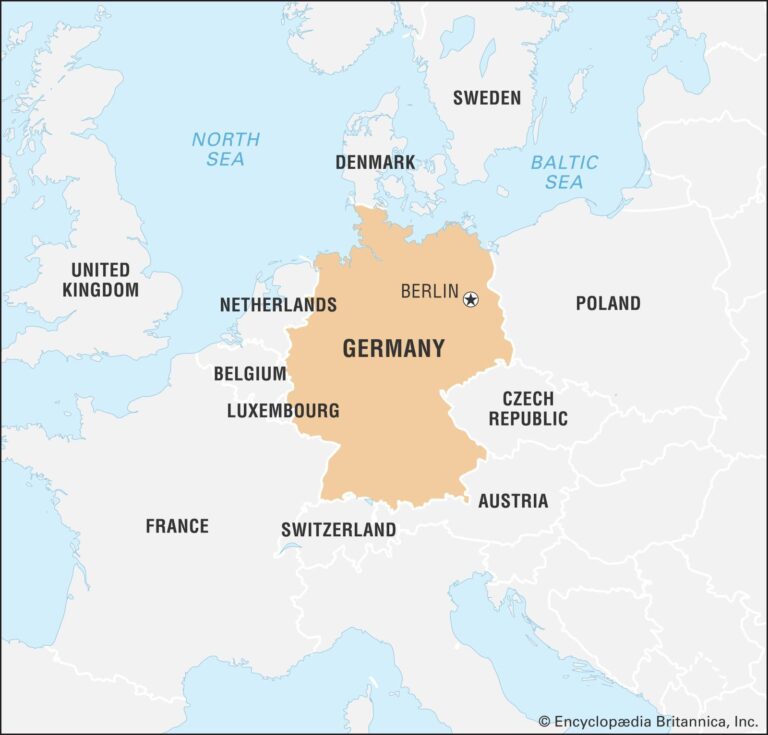Germany is reportedly considering a government-backed financial incentive to encourage Deutsche Telekom to phase out Huawei equipment from its telecommunications networks, according to Bloomberg. The move comes amid growing security concerns and geopolitical tensions surrounding the use of Chinese technology in critical infrastructure. As Berlin weighs the costs and implications of such a strategy, the decision could signal a significant shift in Germany’s approach to 5G network development and its broader relationship with Huawei.
Germany Considers Financial Incentives for Deutsche Telekom to Phase Out Huawei Equipment
Germany’s government is exploring financial incentives to encourage Deutsche Telekom to accelerate the removal of Huawei’s telecommunications equipment from its 5G infrastructure. This move reflects growing security concerns amidst heightened geopolitical tensions and increasing scrutiny over supply chain risks tied to Chinese technology providers. Sources indicate Berlin is preparing a package that could include direct subsidies, tax relief, or regulatory benefits aimed at offsetting the significant costs associated with overhauling network hardware.
Key elements under consideration include:
- Funding mechanisms to support hardware replacement and retrofit expenses.
- Clear timelines for phasing out Huawei components in critical network segments.
- Collaboration incentives to promote partnerships with European and domestic suppliers.
| Incentive Type | Potential Impact | Estimated Cost (€ billion) |
|---|---|---|
| Direct Subsidies | Lower immediate financial burden for Deutsche Telekom | 1.2 |
| Tax Breaks | Encourage long-term investment in local supply chains | 0.8 |
| Regulatory Support | Streamline approval processes for new equipment | 0.5 |
Security Concerns Drive Push for Telecom Infrastructure Overhaul in Germany
Amid growing geopolitical tensions and cybersecurity worries, Germany is actively considering substantial investments to modernize its telecommunications infrastructure. Authorities are engaging with Deutsche Telekom to explore financially supporting the replacement of Huawei equipment, which has become a focal point of national security debates. This move aims to safeguard critical communication networks from potential vulnerabilities linked to foreign suppliers, reflecting a broader European trend of reassessing technology partnerships amid global digital sovereignty concerns.
Key drivers behind this initiative include:
- Increasing pressure from Western allies to limit exposure to Chinese hardware
- Heightened vigilance following past cyber incidents targeting telecom infrastructure
- Desire to accelerate the deployment of more secure, next-generation 5G networks
| Aspect | Current Status | Target Outcome |
|---|---|---|
| Huawei Equipment | Widely installed | Phased out |
| Network Security | Moderate risk | Enhanced protection |
| Funding Approach | No government payout | Potential state subsidies |
Experts Recommend Accelerated Investment in Alternative 5G Technologies to Ensure Network Sovereignty
Amid escalating geopolitical tensions and concerns over supply chain vulnerabilities, industry authorities stress the importance of fast-tracking research and deployment of alternative 5G solutions. These experts emphasize that reliance on a single dominant supplier risks compromising national communication infrastructure and sovereignty. Accelerated investment is seen not only as a strategic move to diversify technology sources but also as a safeguard to maintain control over network architecture and data flows.
Key recommendations from the expert panel include:
- Boosting domestic R&D funding to foster homegrown 5G technologies and reduce dependency on foreign vendors.
- Establishing public-private partnerships that accelerate innovation cycles and enhance implementation speed.
- Implementing regulatory frameworks that incentivize network operators to diversify equipment sources and adopt open standards.
| Technology Focus | Investment Priority | Expected Impact |
|---|---|---|
| Open RAN Architectures | High | Improved interoperability and vendor diversity |
| Edge Computing | Medium | Enhanced data processing autonomy |
| Quantum-Secure Communications | Emerging | Future-proofed network security |
Future Outlook
As Germany weighs the financial implications of subsidizing Deutsche Telekom to phase out Huawei equipment, the decision reflects broader geopolitical tensions and concerns over telecommunications security. The outcome will not only influence Germany’s digital infrastructure but also signal its stance amid global debates on technology sovereignty and supply chain resilience. Stakeholders and observers alike await further developments as policymakers balance national security priorities with economic considerations.




